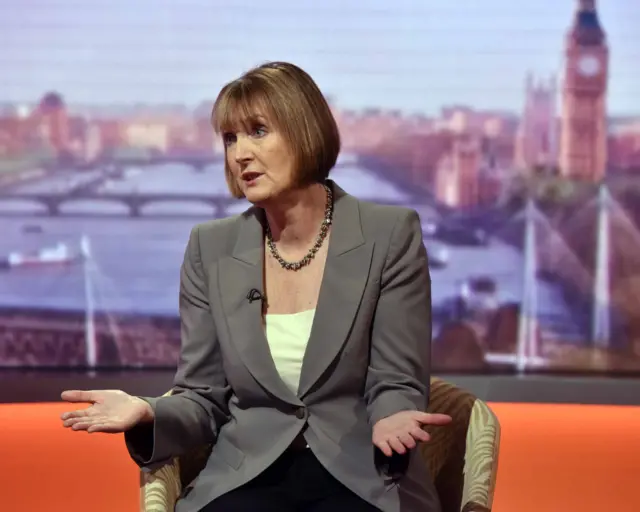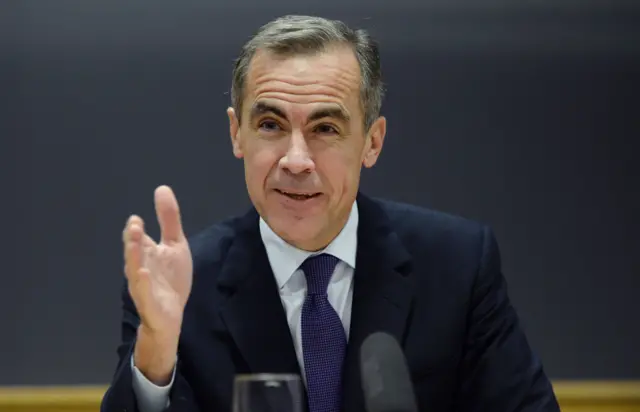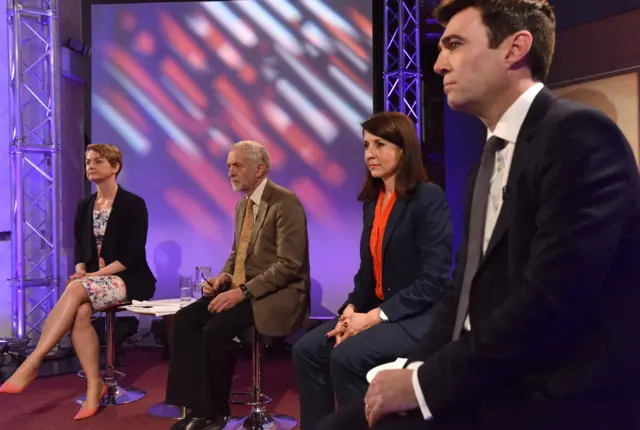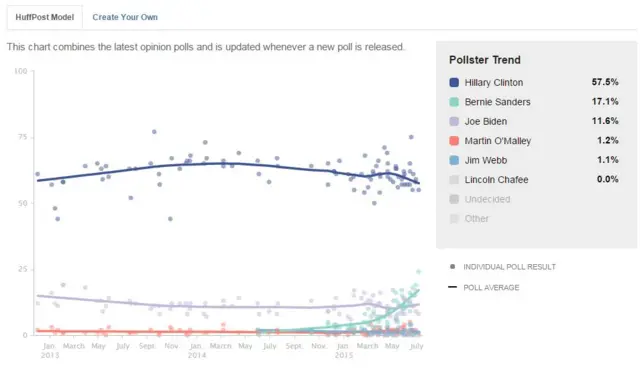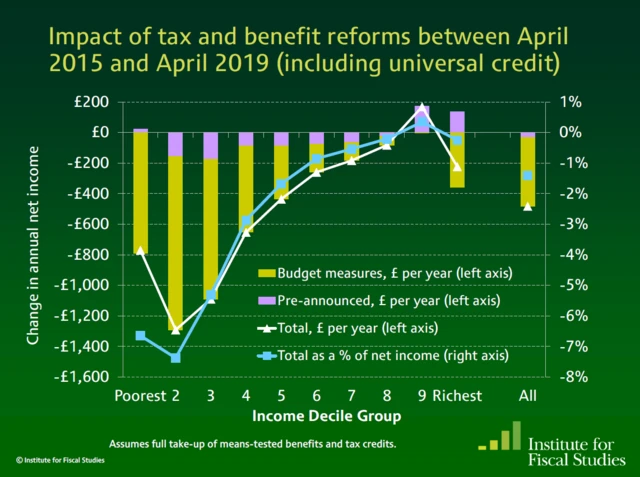The five big problems for the unionspublished at 17:26
And it ain't the government
 Lewis Goodall
Lewis Goodall
Newsnight producer
 Image source, TUC
Image source, TUC"It's the fault of the militant trade union barons!" no reply the unions, the government is to blame.Sometimes British industrial relations seems barely to have moved on from the 1980s.
Except, everything has changed. They now have a number of big problems:
1.) Membership At their peak, before the Thatcherite tidal wave, union membership stood at some thirteen million. Today that number stands at 6.4 million. That means that overall union membership is down to the same level as it was in 1937.
2.) Public vs Private sector split: That means that only 25% of the overall workforce is unionised. In the private sector their influence is smaller still with only 14% of all private sector employees belonging to a trade union.
In the public sector, however, the situation is much rosier for those fabled "barons". Fifty-five per cent of those employees are unionised. It is their last bastion of strength.
3.) Young people: Long term, the unions also have a problem with demographics. Since 1995 the number of members over 50 has increased considerably, whilst the number under 30 has fallen substantially.
4.) Geography: It won't come as any surprise to anyone that trade union membership is at its strongest in those parts of the country with an historic culture of heavy industry and mass organisation. As the graph below shows, Wales, the North, Scotland score highly. The problem is this isn't exactly where the major job creation has been over the past two decades.
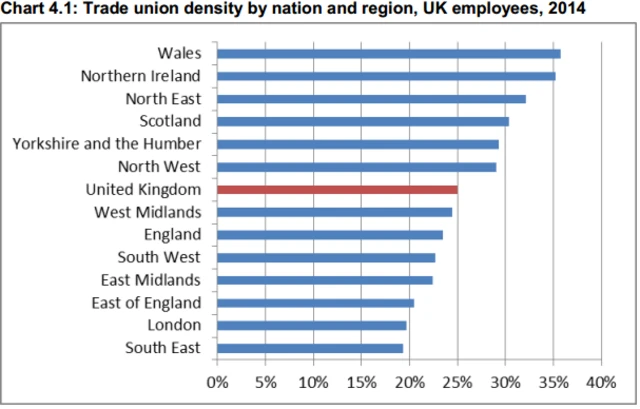 Image source, HM Treausry
Image source, HM Treausry5.) Sector: Finally take a look at this graph which shows trade union density by industry. Again, all the boom areas such as construction, real estate, science, retail aren't on the right side of the average if you were a trade union leader.
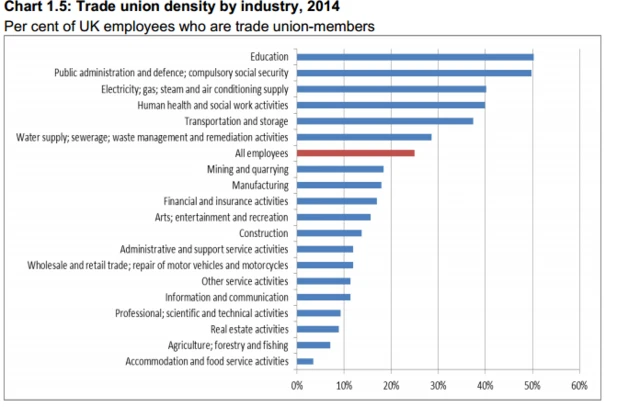 Image source, HM Treasury
Image source, HM TreasuryGiven this overall national picture, it's no surprise many in the union movement are concerned for their survival as even a residual force with the government's proposed changes. They are reduced demographically, regionally, industrially. With the ability to strike so curtailed, many in the public sector who remain paying their subs might just wonder if there really is any point any more.


